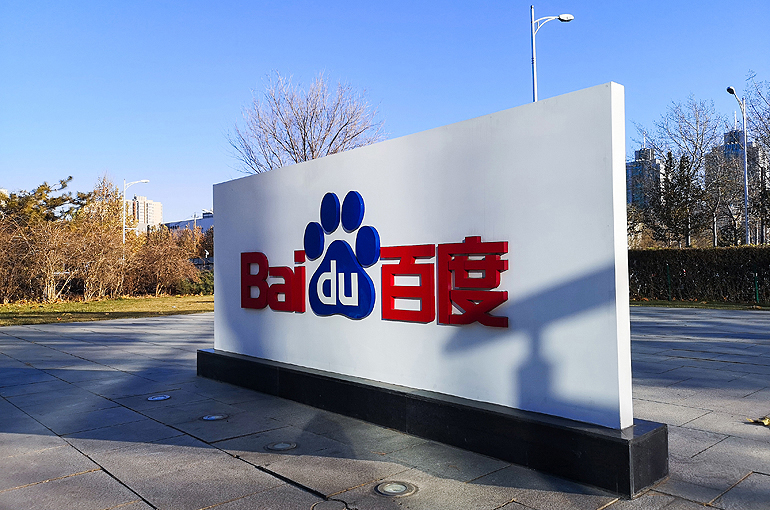Select Language:
Baidu’s shares declined after the Chinese technology giant reported a 4% decrease in revenue for the recent quarter compared to the previous year, reflecting both positive and challenging impacts from its transition from a search engine to an AI-focused company.
As of 10:35 a.m. in Hong Kong, its Hong Kong-listed stock dropped 2.1% to HKD85.45 (USD10.94), while its shares traded on the Nasdaq closed 2.6% lower at USD86.76 yesterday.
The company announced that revenue for the three months ending June 30 was CNY32.7 billion (USD4.6 billion). Its primary online marketing revenue, mainly from search engine advertising, fell 15% to CNY16.2 billion (USD2.3 billion).
Despite this, net profit soared 33% to CNY7.3 billion (USD1 billion), driven by a remarkable 531% increase in other income to CNY4.9 billion, mainly due to higher fair value gains and earnings from long-term investments. However, on a non-GAAP basis, net profit declined by 35% to CNY4.8 billion.
“Our AI Cloud segment continued to see healthy and consistent revenue growth in the second quarter, supported by our expanding full-stack AI capabilities and comprehensive end-to-end AI products and solutions,” noted the company’s founder, chairman, and CEO. “This strong performance helped offset some of the near-term pressures on our online marketing business as we accelerate our AI transformation of Baidu Search, aiming to enhance user experience and lay a stronger foundation for sustainable growth.”
The company’s shift toward AI has already shown promising results. By the end of June, over half of mobile search result pages featured AI-generated content, a significant increase from 35% in April. The company also open-sourced its foundation model, Ernie 4.5, which includes ten models of different architectures and sizes, and introduced the video generator MuseSteamer, bolstering its competitiveness in China’s AI landscape.
Baidu’s autonomous driving division also experienced solid growth. Its Apollo Go autonomous taxis carried over 2.2 million rides in the second quarter, marking a 148% increase from the same period last year. Additionally, the company partnered with Uber Technologies on July 15 and Lyft earlier this month to expand its autonomous ride-hailing services into markets across Asia, the Middle East, and Europe.
However, concerns arose as revenue costs rose 12% to CNY18.4 billion, with increased expenses related to AI Cloud and content. Meanwhile, research and development spending decreased 13% to CNY5.1 billion, mainly due to lower personnel costs.





